Everyone has a distinct attitude toward risk. Most people don’t have an objective attitude; instead, they must work through a jumble of desires, fears and biases. People’s capacity for assessing risk also can be capricious, leading to missed opportunities, mistakes and neglect of important issues. Michele Wucker’s wide-ranging, heavily researched overview shows how people, firms and nations develop their views of risk. She teaches that understanding your own and other people’s risk attitudes can improve your decision-making, facilitate teamwork and enhance creativity.
Your attitude toward risk is an important part of your psychological makeup.
Most people don’t invest much time in examining how their attitude toward risk shapes their behavior, but perhaps you might want to do that. Such an examination provides insights into your personality and offers clues as to why you make the choices you do. If you understand your “risk profile” and how it formed from a melding of your personal history and the general attitudes in your culture, you can reduce your exposure to dangerous risks – some of which you may not be aware of – and learn to embrace the positive risks that accompany opportunity.
Organizations – companies, governments, countries – have distinct risk profiles that influence their decision-making, strategic planning and other behaviors. If you can view your colleagues’ behaviors through a “risk lens,” you will better understand the motives behind their actions and decisions. And, thus, you may discover more effective ways to interact with them.
Every individual has a distinct “risk fingerprint.”
You have a unique physical fingerprint and a unique relationship...
Michele Wucker, author of The Gray Rhino, has held leadership roles at the Chicago Council on Global Affairs, the World Policy Institute and the International Financing Review.








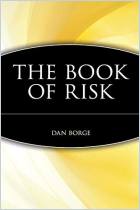
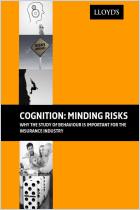
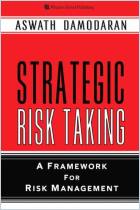
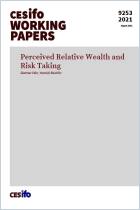
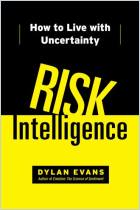
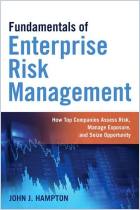



Comment on this summary or Comenzar discusión